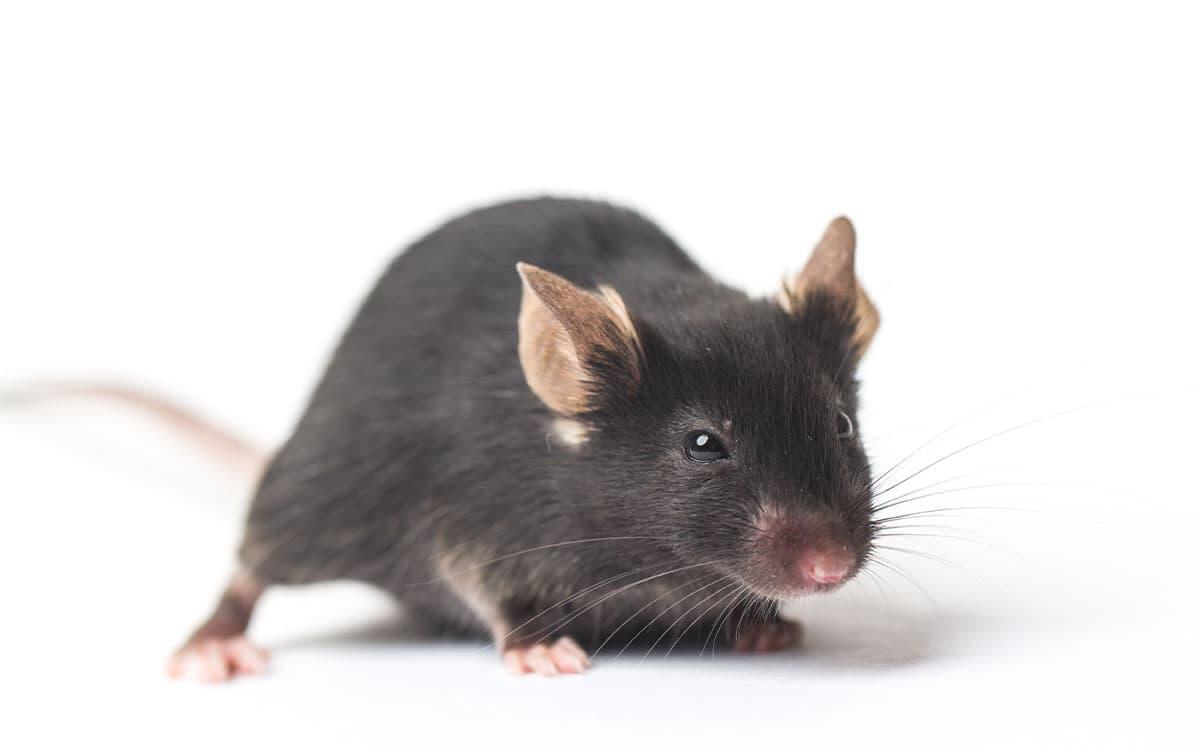Research News
Aggressiveness Responses in Mice Depend on the Instigator
 Image by Egoreichenkov Evgenii/Shutterstock
Image by Egoreichenkov Evgenii/Shutterstock
Aggressive behavior in response to provocation is a phenomenon that is not limited to humans. A recent study conducted by researchers at University of Tsukuba revealed that male mice exhibit heightened aggression when provoked, and that the degree of this aggression is strongly influenced by the identity of the instigator. This aggression intensifies only in response to unfamiliar opponents or those with whom the mouse has no prior history of dominance or submission.
Tsukuba, Japan—Displaced aggression, such as lashing out at an unrelated individual after a frustrating experience, is a well-documented phenomenon in both humans and animals. In mice, males typically attack unfamiliar, potentially rival males that enter their territory. However, when the rival was placed inside a transparent enclosure, physical contact was blocked despite visual and olfactory access. This situation increased arousal in the subject—a phenomenon known as "social instigation"—which primed the animal for heightened aggression. When subsequently presented with access to a different rival, the subject exhibited significantly more intense aggression.
To better understand this phenomenon, the research team tested how the identity of the mouse in the transparent enclosure affected the subject's aggression. Their findings demonstrated that male mice displayed increased aggression only when the instigator was either a novel individual or one with whom they had no established dominance relationship, even if they were visually familiar. In contrast, no increase in aggression was observed when the instigator was a familiar opponent with a known hierarchical relationship (either dominant or subordinate).
These results indicate that the heightened aggression observed during instigation was not simply due to frustration from being unable to attack, but rather reflects a context-dependent response influenced by the opponent's identity and social relationship. The findings highlight the role of social recognition in the regulation of aggressive behavior in mammals.
This study provides critical insights into the cognitive and social factors influencing aggression and lays the groundwork for future investigations into the neural mechanisms underlying aggressive behaviors. The research team aims to further elucidate the brain functions responsible for context-sensitive aggression in subsequent studies.
###
This study was supported by Japan Science and Technology Agency (JST) FOREST Program Grant Number JPMJFR214A, Japan Society for the Promotion of Science (JSPS) KAKENHI Grant Numbers 22K19744, 22H02660, and a research grant from the Astellas Foundation for Research on Metabolic Disorders.
Original Paper
- Title of original paper:
- Aggression is not blind: dominance and social history modulate murine responses to social instigation
- Journal:
- Psychopharmacology
- DOI:
- 10.1007/s00213-025-06824-9
Correspondence
Associate Professor TAKAHASHI Aki
Institute of Human Sciences, University of Tsukuba




